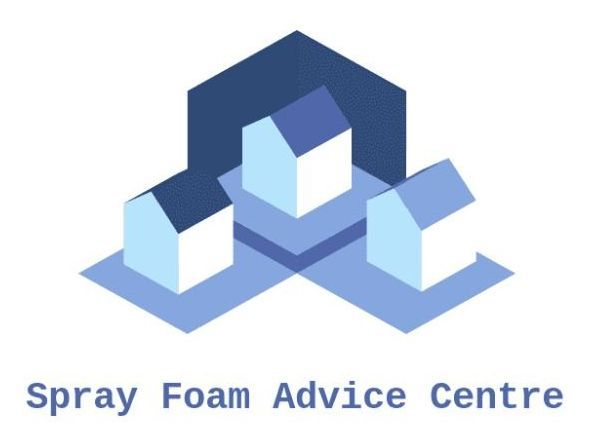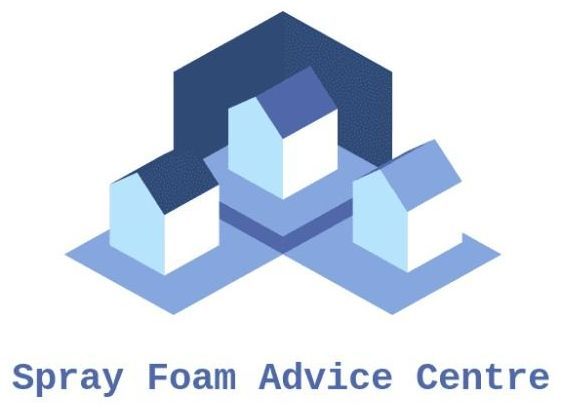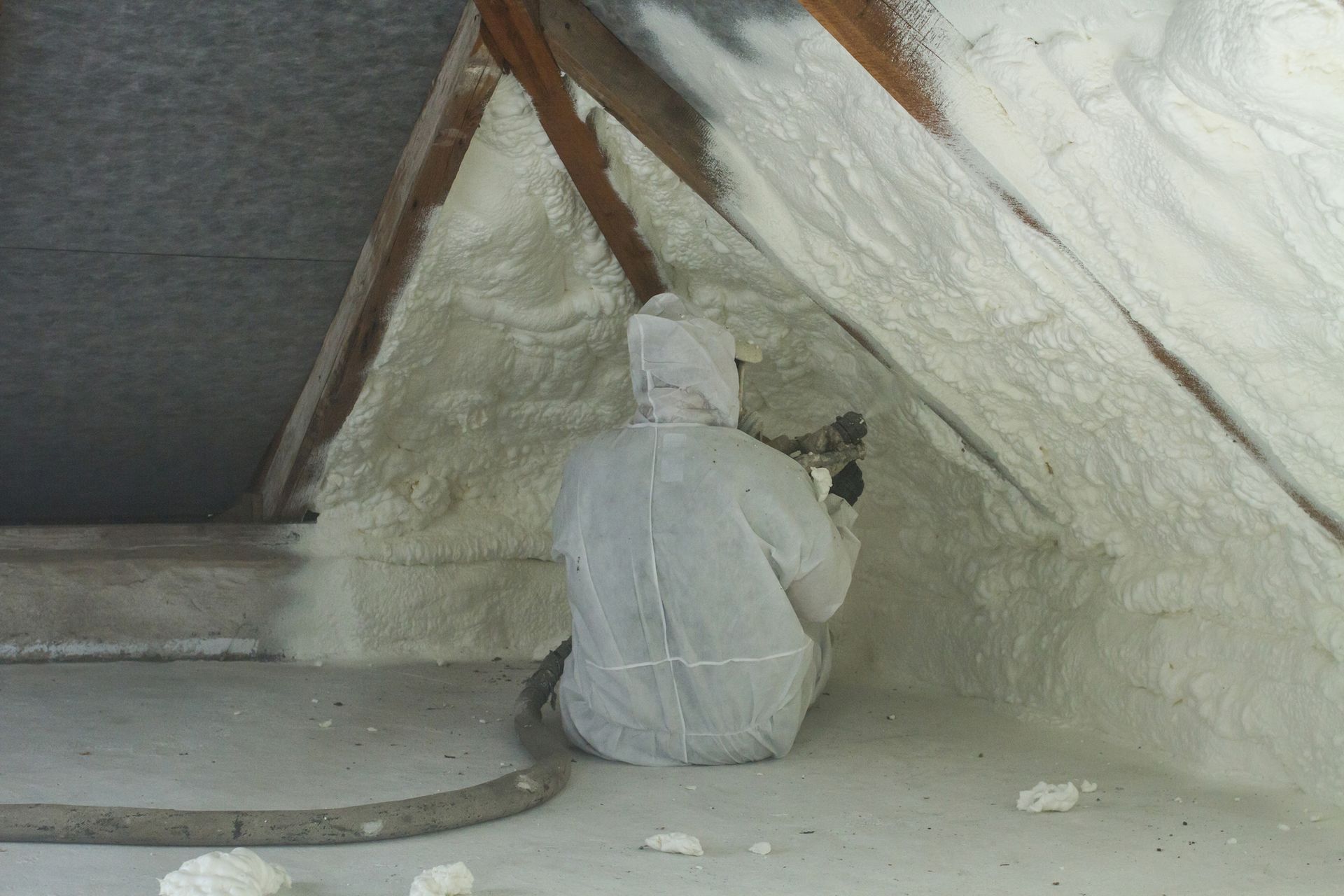Understanding the Considerations for UK Homeowners
As homeowners in the UK explore various options to improve energy efficiency and cut down on utility costs, spray foam insulation has emerged as a popular choice. However, recent warnings from advisers shed light on potential risks associated with this solution, particularly concerning mortgage applications. Let's delve into the intricacies of spray foam insulation and what homeowners need to consider before opting for this method.
Spray foam insulation has gained traction due to its ability to create a tight seal, effectively reducing heat loss and lowering energy bills. It's a versatile option that can be applied to various surfaces, including walls, roofs, and even foundations. However, advisers caution that while the benefits of spray foam insulation are evident, there are implications that homeowners should be aware of, especially when it comes to obtaining or refinancing a mortgage.
One of the primary concerns highlighted by advisers is the potential impact of spray foam insulation on the valuation of a property. Traditional mortgage lenders may view properties with spray foam insulation differently, leading to discrepancies in valuation that could affect loan-to-value ratios. This disparity could result in complications during the mortgage application process, potentially leading to delays or even rejections.
Moreover, advisers point out that some mortgage lenders have specific criteria or restrictions when it comes to properties with spray foam insulation. While some lenders may be more accommodating, others might be hesitant due to concerns about long-term durability, maintenance issues, or even fire safety regulations. As a result, homeowners considering spray foam insulation should carefully research and communicate with potential lenders to understand their stance on this matter.
Furthermore, advisers emphasize the importance of proper installation and certification when it comes to spray foam insulation. Substandard installation practices or lack of certification could raise red flags during property assessments, further complicating mortgage applications. Homeowners are advised to work with reputable contractors who have experience with spray foam insulation and can provide necessary certifications to reassure both lenders and insurers.
In conclusion, while spray foam insulation offers undeniable benefits in terms of energy efficiency and comfort, homeowners in the UK should approach this solution with caution, particularly in the context of mortgage applications. Advisers' warnings underscore the importance of thorough research, proper installation, and clear communication with mortgage lenders to mitigate potential risks and ensure a smooth homeownership journey. By staying informed and proactive, homeowners can make informed decisions regarding their insulation choices while safeguarding their financial interests.













